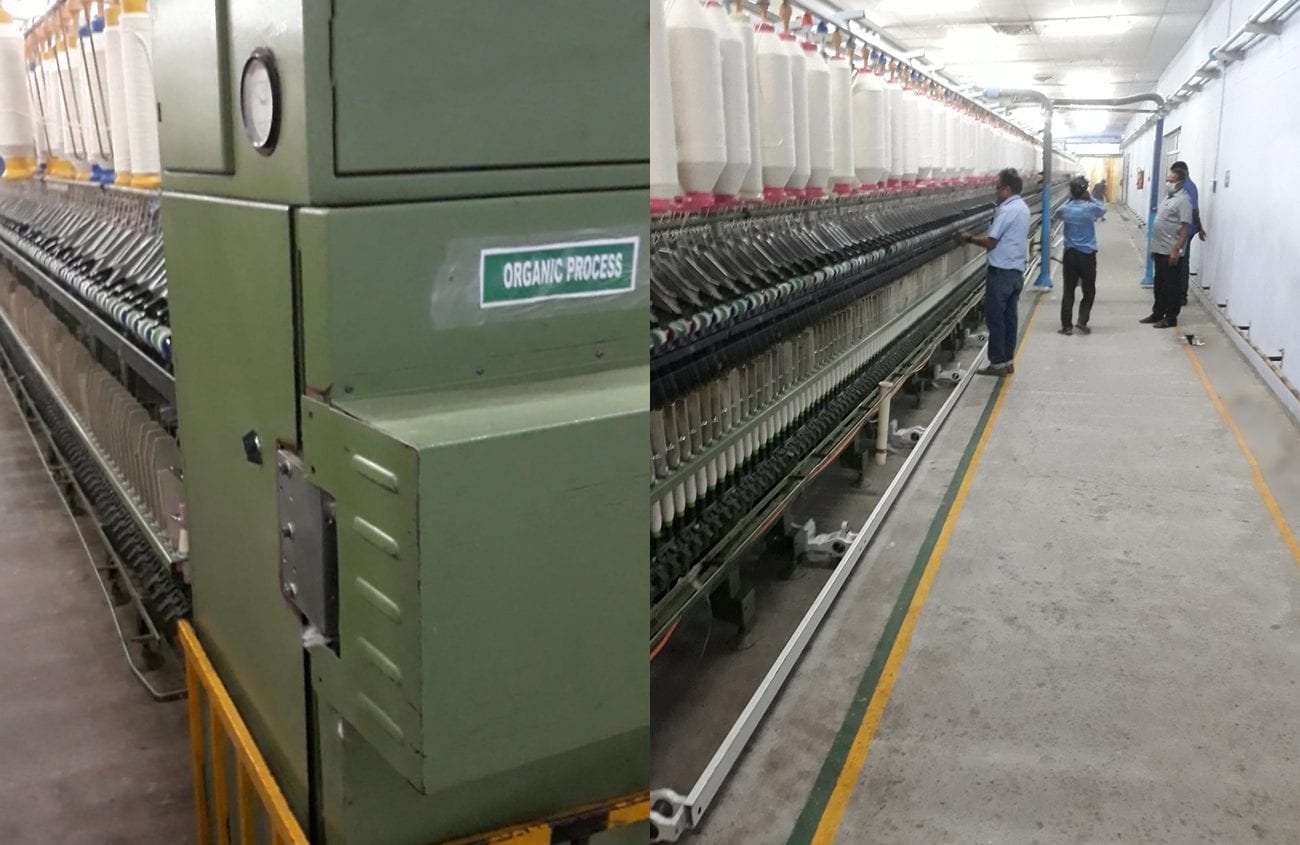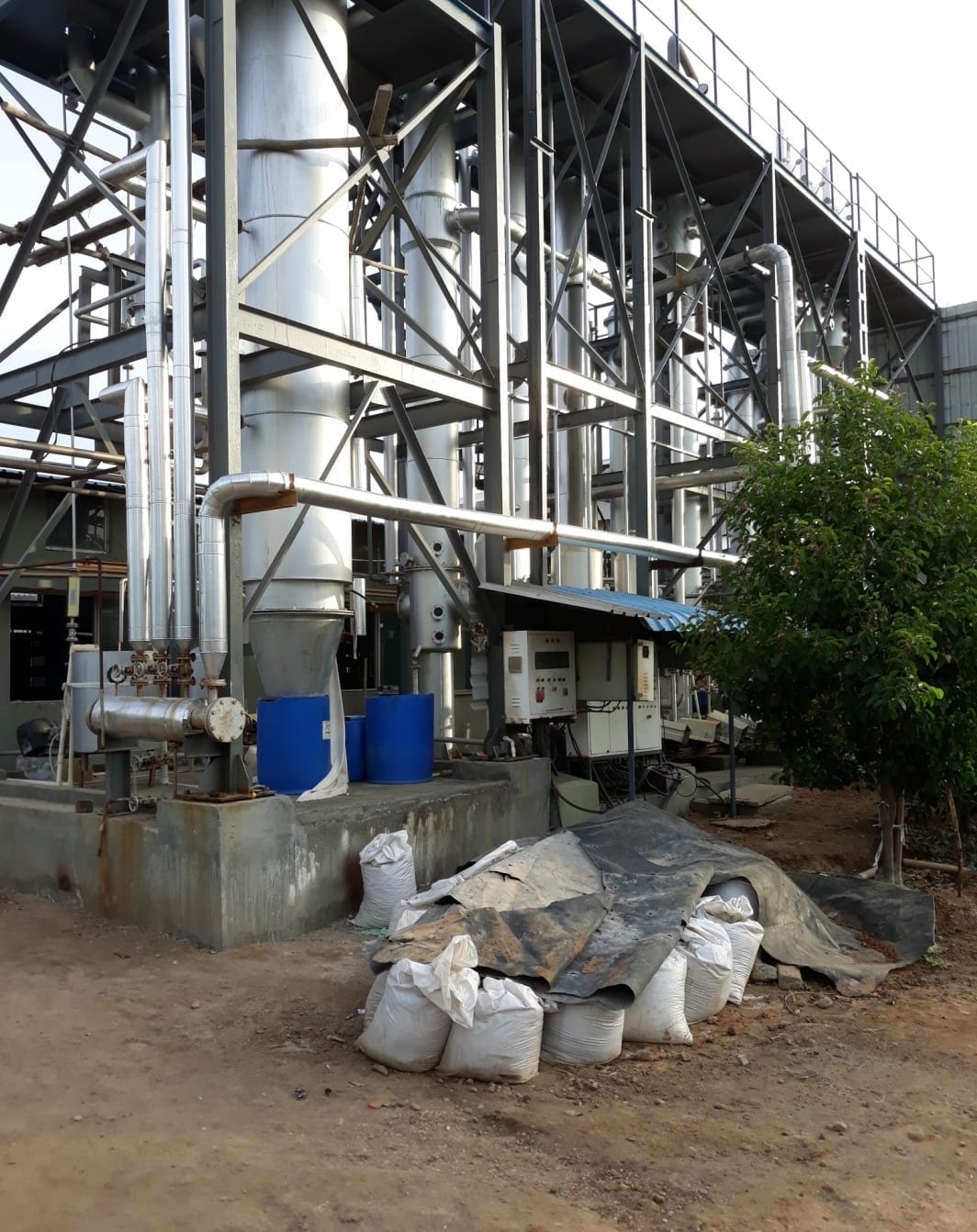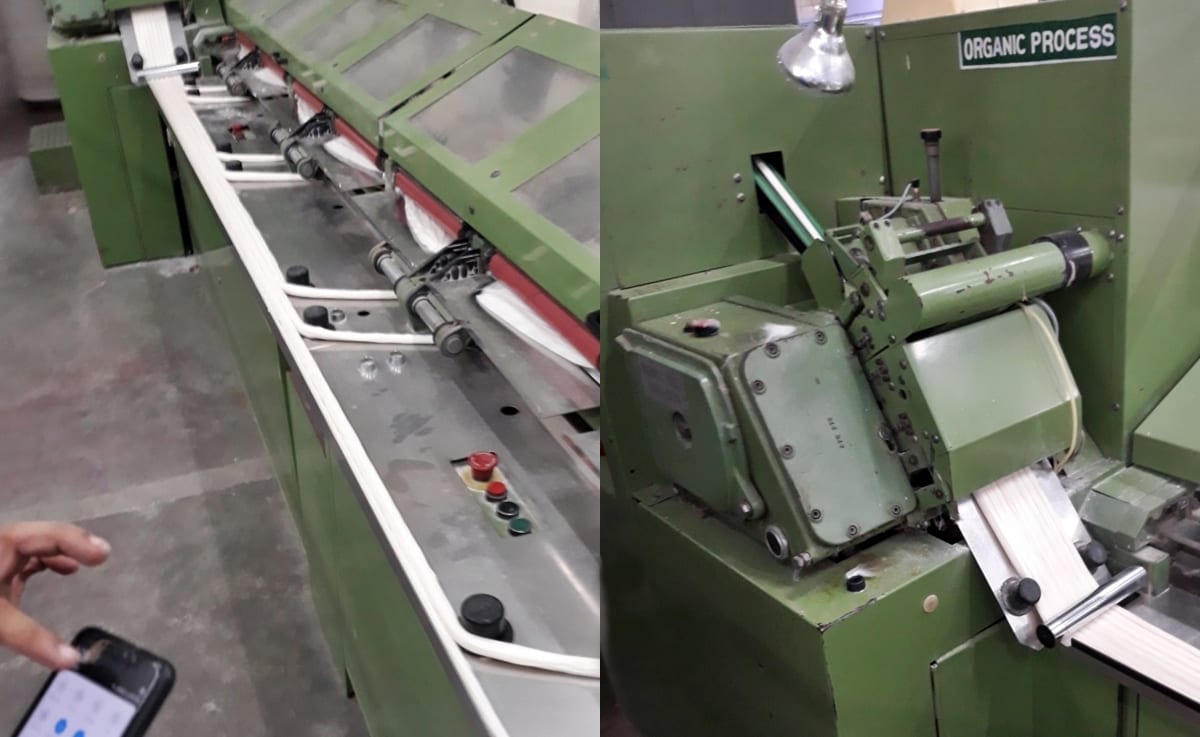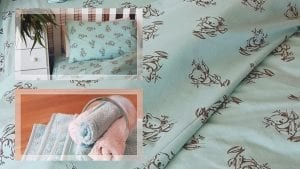QUESTION: Hi, just wanted to ask what you use to wash the cotton. I understand that no chemicals are used in the manufacturing process but how about the washing process? I know that the wool that’s used for quilts for instance, is often cleaned with quite harsh chemicals even if no chemicals are used in the manufacturing process. How is the cotton you use to make the quilts originally cleaned, before it’s made into a quilt. – Concerned Customer
ANSWER FROM PETER, OUR FOUNDER
Cotton Is Naturally Clean – NO CHEMICAL WASHING REQUIRED.
Cotton does not need washing. It grows on bushes and is naturally kept clean by wind and rain. Wool is different in that it tends to collect dust and dirt and the lanolin in the wool retains particles of dirt which then need to be cleaned (and as you say, usually with quite harsh chemicals) before using to fill quilts or to weave into yarn to make clothing.
HERE’S HOW OUR ORGANIC COTTON IS CLEANED
After picking, the cotton goes through a process to remove seeds. This process also removes some ‘dust’. The cotton is baled and is sent to spinning mill. In the mill the processes to produce the yarn are mechanical. The floors and environment in the ‘spinning sheds’ are constantly vacuumed, there is no cotton fluff or dust blowing around. A machine pulls apart the cotton bales, continuing through a blow and vacuum system where all the dust, dead leaves and any remaining stalk matter are removed leaving the clean cotton fibres to continue for any further processing.
HIGH QUALITY ASSURED WITH GOTS (Global Organic Textile Standards)
I took a week off to travel to India to visit the business we are now working with. They have three mills who all have Global Organic Textile Standards (GOTS) organic certification. The premises were very clean and I detected absolutely no chemical smells — having suffered from Multiple Chemical Sensitivity (MCS) for many years, I easily detect even small traces of chemicals because they can give me headaches, affect my mood, cause “brain-fog” and deplete my sense of well-being — All three mills are built in the area where the best quality crops are produced. They have very rich soil and a naturally suitable underground water table, which is a perfect combination to grow organically.
I viewed their tiled floors and clean walls, offices and store room with many men. The quality inspection area, also tiled, had maybe 40 female workers. They look very healthy and are a happy bunch of people, certainly not “third world”. In fact, I enjoy being there.
GOTS CERTIFIED ORGANIC ALSO MANAGES MAJOR HUMAN RIGHTS ISSUES
GOTS does not allow sweatshop labour and our supplier, and in turn his suppliers, adhere strictly to the GOTS code:
Fair days pay for fair days work.
You may have seen a Four Corners report from July 2019 where some of our biggest cotton retailers in Australia (Cotton On and Target) came under fire for using suppliers involved in forced labour …
➨ READ MORE: https://www.abc.net.au/news/2019-07-15/uyghur-forced-labour-xinjiang-china/11298750
CLEAN PROCESSING PROCEDURES FOR GOTS CERTIFIED ORGANIC COTTON
Below is a picture of one of the “Spinning Sheds” where our Organic Cotton Fabric is made. You can see a big tube hanging down near where the staff are standing. That is vacuuming the floor. It slowly travels from one end of the factory to the other and collects any waste from under the machines and keeps the floor spotless. Whenever our ORGANIC COTTON is being used, a sign is placed on all machines to delineate this run as being an “Organic Process”. This prevents contamination from other fibres and keeps our organic fabrics as pure as possible.

INDIA TAKING CARE OF THE ENVIRONMENT – DYEING & PURIFICATION
The dyes used to colour Organic Cotton Fabrics are low impact, environmentally friendly chemical dyes, permitted and certified safe to use under GOTS. Our natural colour fabrics are all unbleached and un-dyed, ideal for those who are extra careful about what they put next to their skin. Natural, certified organic and unbleached is the ideal choice for people wanting to live as allergy-free and sensitivity-free as possible.
The photo below is of a cleaning and purification system at the printing and dyeing plant I visited in Karur South India. All waste water from their production is treated. The water is re-used in their own plant. Any waste matter, which is minimal, is sent back to the dye suppliers who re-use most of it, any final residue is safely destroyed by the dye suppliers. This in-house system was instigated by the India government and is mandatory for all printing and dye-houses in India.

Since my first visit to India four years ago I notice that many improvements have been made, I think it is very progressive. I do not consider it to be a third world country at all. I have great confidence in purchasing materials from India to make products for you in Australia.
REMOVING SHORT FIBRES TO CREATE BETTER QUALITY ORGANIC COTTON
After first clean of the raw cotton, a series of machines perform the same task; removing short fibres to produce “BRUSHED COTTON”. Any machines processing organic cotton are always separate from the others. The “Sliver’s” are sent to the next stage to combine and produce another “Sliver”; this time with more cotton. Then without any cotton short fibres (like those used when making conventional cotton) they move towards the final production of Quality Organic Cotton Yarn.

I have been in the mills and can assure you that the operation to produce the cotton for yarn, for quilts and for any of our products, are processed in a clean environment under very clean conditions and absolutely no chemical washing or chemical cleaning takes place. It’s firstly not necessary and secondly, not permitted under our GOTS Certification Standard.
All these little procedures and precautions may seem insignificant to some, but THEY ALL MATTER A LOT, especially to people who are chemically sensitive. ![]()
➨ SEE MORE of our Organic Cotton Products here.
➨ READ MORE about The Quality Use and Care of Organic Fabrics here.





